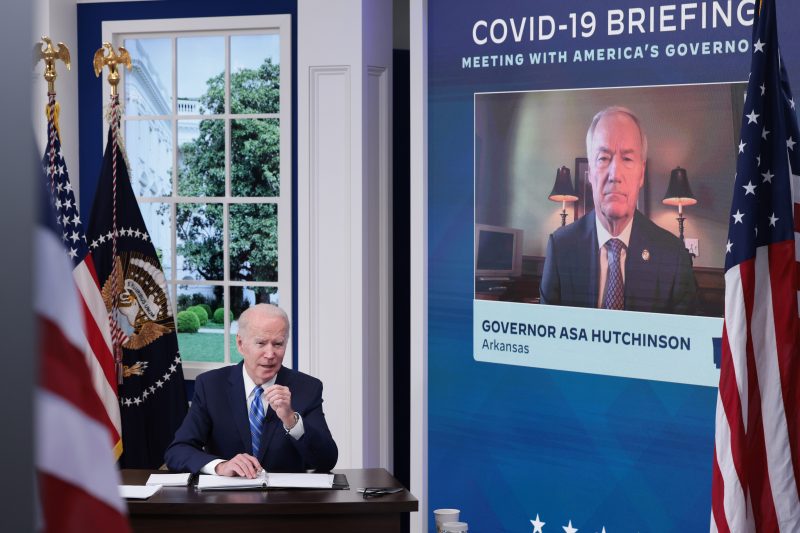Article Body:
The political landscape has been in a constant state of upheaval since the election of Donald Trump in 2016. Democrats have consistently positioned themselves as the opposition to the Trump administration, vowing to protect American values and combat the controversial policies enacted by the Republican leadership. However, a closer examination reveals that Democrats often undermine their own anti-Trump message, ultimately hindering their ability to effectively challenge the current administration.
One of the key ways in which Democrats undermine their own message is through the lack of unity within the party itself. While it is natural for any political group to have differing opinions and ideologies, the Democrats often struggle to present a cohesive front. Divisions within the party weaken their ability to communicate a clear and consistent opposition to the Trump administration, allowing the Republicans to exploit these divisions and portray Democrats as a fractured and ineffective opposition.
Another way in which Democrats undermine their anti-Trump message is by engaging in personal attacks rather than focusing on policy-based criticism. While it is important to hold the president accountable for his actions, excessive personal attacks can distract from the substantive policy discussions that should be taking place. This type of negative rhetoric only serves to further polarize the political discourse, making it difficult for Democrats to effectively convey their message to a broader audience.
Furthermore, Democrats sometimes fall into the trap of simply mirroring the actions and rhetoric of the Trump administration, rather than offering a clear alternative. By engaging in similar tactics, Democrats risk diluting their message and appearing hypocritical. Instead of presenting a vision that contrasts with the Trump administration, they may inadvertently reinforce the narrative that both parties are cut from the same cloth.
Additionally, Democrats often struggle to effectively communicate their policies and values to the American people. While grassroots movements, such as the Women’s March and the Black Lives Matter movement, have been successful in mobilizing support, the Democratic Party often fails to effectively harness the energy of these movements to further their own agenda. By not formulating a clear, cohesive message that resonates with the public, Democrats miss an opportunity to galvanize support and effectively challenge the policies of the current administration.
Lastly, Democrats must address the issue of identity politics within their party. While it is important to recognize and address the diverse experiences of Americans, solely focusing on identity-based messaging can alienate potential supporters who may feel excluded from the party’s agenda. By broadening their message to encompass a wide range of issues, Democrats can appeal to a larger voter base and present a more inclusive and unifying anti-Trump message.
In order to effectively challenge the Trump administration, Democrats must address these issues undermining their own anti-Trump message. It requires a united front, a focus on policy-based criticism, a clear alternative vision, effective communication, and a broad, inclusive message. By addressing these areas, Democrats can present a more compelling argument against the policies and actions of the current administration, ultimately positioning themselves as a more viable opposition. Only through a cohesive and strategic approach can Democrats successfully challenge the Trump era and build a path towards a better future.

